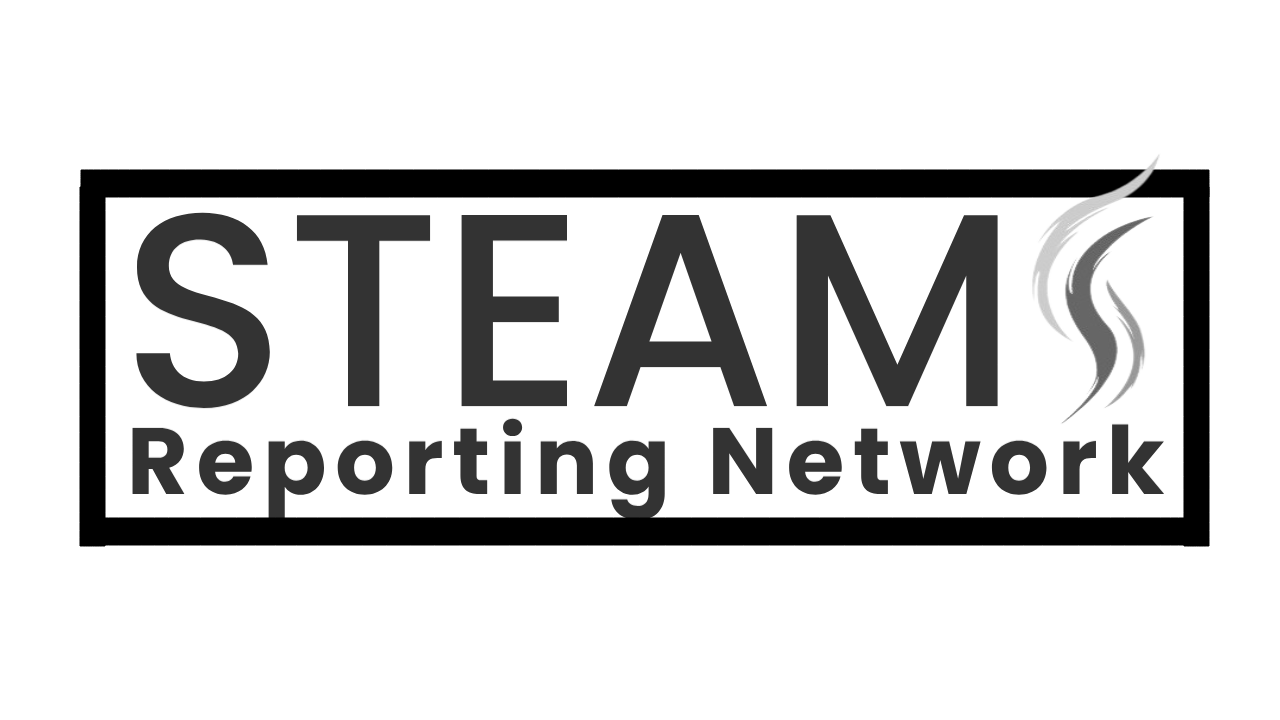In Sierra Leone, a longstanding cultural taboo surrounding discussions of women’s health has led to a silent epidemic of cervical cancer. Dr. Desmond Maada Kangbai, head of the country’s immunization services, highlights the dire situation, citing cervical cancer as the leading cause of cancer-related deaths among women and the second most common cancer affecting them.
But the problem extends beyond silence. There’s a critical lack of public awareness about the disease and its prevention, exacerbated by the scarcity of screening sites and cancer care facilities across the country. Even healthcare professionals like Fatmata Yegbeh Kargbo, a teacher in the northern Koinadugu District, were unaware of cervical cancer until receiving training in preparation for the introduction of the human papillomavirus (HPV) vaccine.
Although breast cancer currently bears the highest burden of cancer among Sierra Leonean women aged 14–44, cervical cancer is close behind, with over 500 new cases annually and an estimated 400 resulting in fatalities. Yet, due to the culture of secrecy, the actual prevalence remains difficult to ascertain.
In response, the Sierra Leonean government has launched a proactive campaign focused on prevention, recognizing that treatment costs are prohibitively high. The cornerstone of this initiative is the introduction of the HPV vaccine, typically administered to girls before puberty to protect against the virus responsible for cervical cancer. The vaccine’s incorporation into routine immunization programs is funded by Gavi, the Vaccine Alliance, with support from the World Health Organization (WHO) and UNICEF.
Under this program, all girls aged 10 will receive the initial dose, totaling approximately 154,000 individuals. Six months later, they’ll receive the second dose, ensuring full protection. The vaccine will then be available to girls aged 9–15 from 2023 onward, with the ultimate goal of eliminating cervical cancer in the country.
Public education efforts have been ramped up to raise awareness about the disease, the newly introduced HPV vaccine, and available screening and treatment options. The health sector is partnering closely with education authorities to implement a school-based vaccination strategy, ensuring all eligible girls are reached.
Dr. Steven Velabo Shongwe, WHO Representative in Sierra Leone, emphasizes the importance of accessible, lifesaving vaccines, noting that their availability not only protects health but also empowers individuals and communities, contributing to sustainable social and economic development.
With Sierra Leone’s inclusion of the HPV vaccine in its routine immunization system, it joins the ranks of 17 other African nations working to combat cervical cancer and improve women’s health outcomes.

